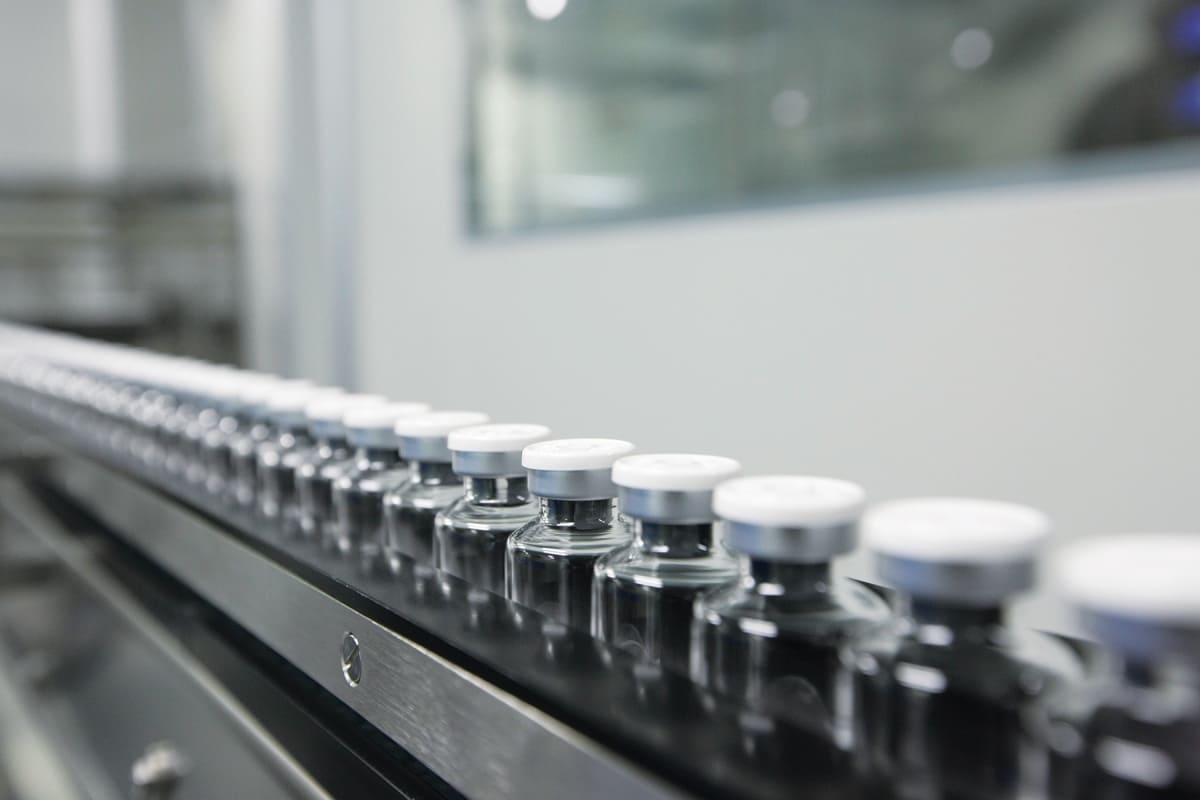South Korea has recently unveiled a US$2bn plan to emerge as a global COVID-19 vaccine production hub and become one of the top five manufacturing bases by 2025. The country has stepped up its effort with the formation of the K-mRNA consortium, which paves the way for entering the homegrown mRNA vaccine race for COVID-19. These initiatives will make South Korea more competitive, says GlobalData, a leading data and analytics company.
South Korea is popular globally for its biotechnology capabilities. Celltrion and Samsung Bioepis have already established their stronghold in the race for the development and commercialization of biosimilars. South Korea is partnering with various COVID-19 players to produce and supply the vaccines locally and from the export perspective to fill in the gaps in the global vaccine supply. Reportedly, South Korea is in talks with mRNA players to produce 1 billion doses of mRNA vaccines immediately – with no further hints on future direction.
Prashant Khadayate, Pharma Analyst at GlobalData, comments: “South Korea has emerged as a potential supplier of COVID-19 vaccines. Hence, the government investments to further boost COVID-19 vaccine production can be termed as a natural transition towards becoming a major force within the global vaccine industry. Furthermore, South Korea can easily leverage its existing biotechnology capabilities to strengthen its vaccine industry both in terms of production and research.”
According to GlobalData’s Pharma Intelligence Center, as of 16 August 20201, South Korean companies have seven COVID-19 vaccines under development. SK Bioscience GBP-510 is expected to enter Phase III trials by August 2021. GBP-510 is the most advanced COVID-19 vaccine in development by a South Korean company.
In June 2021, South Korea launched a K-mRNA vaccine consortium led by three major firms: Hanmi Pharmaceutical, GC Pharma, ST Pharm, backed by the Korea Pharmaceutical and Bio-Pharma Manufacturers Association and the Korea Innovative Medicines Consortium. The objective is to co-develop and co-produce 100 million doses of a homegrown mRNA vaccine for COVID-19 within two years.
Mr. Khadayate concludes: “Messenger RNA (mRNA) based vaccine technology emerged as a leading technology used to develop COVID-19 vaccines. As COVID-19 cases with new variants continue to surge across some countries, the demand for Pfizer/BioNTech and Moderna’s vaccines continues to grow. Hence, there is still a lot of gap between demand and supply of COVID-19 vaccines.”
Moreover, there could be supply constraints due to the necessity of booster doses, which is pushing countries to develop home-grown vaccines. At this point, the development of home-grown COVID-19 vaccines is crucial to South Korea to strengthen its overall position within the global vaccine industry.

